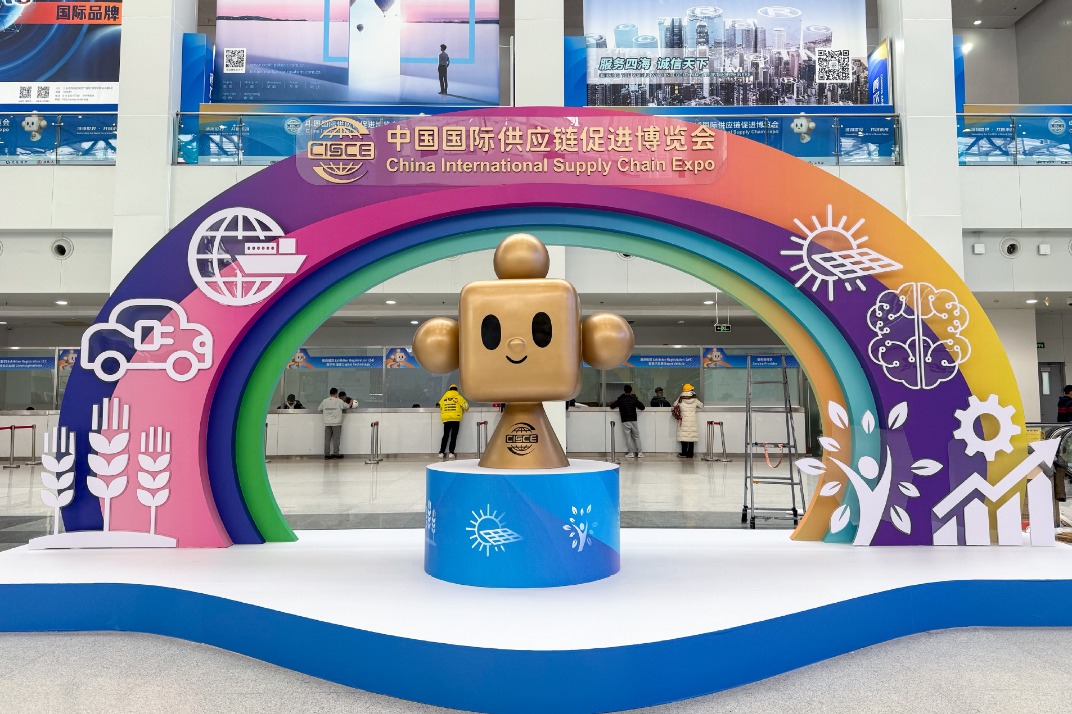Scapegoating others can't end US' drug crisis: China Daily editorial


US president-elect Donald Trump, who will enter office on Jan 20, plans to raise tariffs by an additional 10 percent on all Chinese goods exported to the United States, citing fentanyl abuse as the reason, which he attributes to China's failure in drug control.
On the same day, Trump also vowed to impose tariffs of 25 percent on all products from Mexico and Canada citing drug problems and illegal immigration as the causes. Trump said although he has had many talks with China about the massive amounts of drugs, in particular fentanyl, being sent into the United States, the talks were "to no avail". He also claimed that, contrary to promises, Beijing did not impose the death penalty on such drug dealers.
The excuse the president-elect has given to justify his threat of additional tariffs on imports from China is farfetched. If Trump really had many talks with China, he would know that the Chinese government attaches great importance to fighting the trade in narcotics. The control measures on fentanyl-like substances are a concrete manifestation of China's strict drug control regime and its upholding of co-governance to address global drug problems. These measures have been fully recognized by the international community.
China listed fentanyl-like substances as a whole category on May 1, 2019. Since then, it has not received any notification from other countries that fentanyl-like substances from China have been seized. The responsibility for preventing non-listed chemicals from entering the drug manufacturing industry lies with the importing countries, but the US has not yet permanently listed fentanyl-like substances.
The world sees clearly that the root cause of the fentanyl crisis in the US lies with the US itself. The US side should stop shirking its own responsibility to better manage its drug problems.
Reducing domestic demand and domestic supply is the fundamental solution to the US' fentanyl crisis. What the US should do is to strengthen domestic prescription drug control and boost its publicity on the harm of drug abuse to reduce the domestic drug demand, rather than scapegoating other countries.
In the spirit of humanitarianism, China has provided support to the US in dealing with fentanyl-related issues. China is still willing to continue to carry out anti-drug cooperation with the US on the basis of equality, mutual benefit and mutual respect. The US should cherish China's goodwill and maintain the hard-won good situation of Sino-US anti-drug collaboration.
There are no winners in tariff wars. If the US continues to politicize economic and trade issues by weaponizing tariffs, it will leave no party unscathed. And it is the US companies and consumers that will pay the heaviest price for the exorbitant tariffs levied by their own government.

































